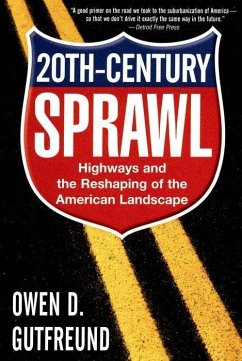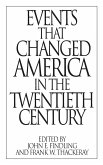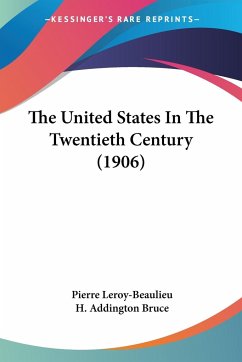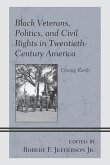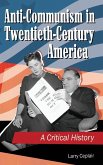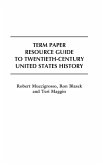Here, Owen Gutfreund offers a fascinating look at how highways have dramatically transformed American communities nationwide, aiding growth and development in unsettled areas and undermining existing urban centers. Gutfreund uses a "follow the money" approach, showing how government policies subsidized suburban development, ] and fueled a chronic nationwide dependence on cars and roadbuilding, with little regard for expense, efficiency, ecological damage, or social equity. The consequence was a combination of unstoppable suburban sprawl, along with ballooning municipal debt burdens, deteriorating center cities, and profound changes in American society and culture. Gutfreund tells the story via case studies of three communities--Denver, Colorado; Middlebury, Vermont; and Smyrna, Tennessee. Different as these places are, they all show the ways that government-sponsored highway development radically transformed America's cities and towns. Based on original research and vividly written, Twentieth-Century Sprawl brings to light the benefits and consequences of the spread of American highways and makes a major contribution to our understanding of
Hinweis: Dieser Artikel kann nur an eine deutsche Lieferadresse ausgeliefert werden.
Hinweis: Dieser Artikel kann nur an eine deutsche Lieferadresse ausgeliefert werden.

